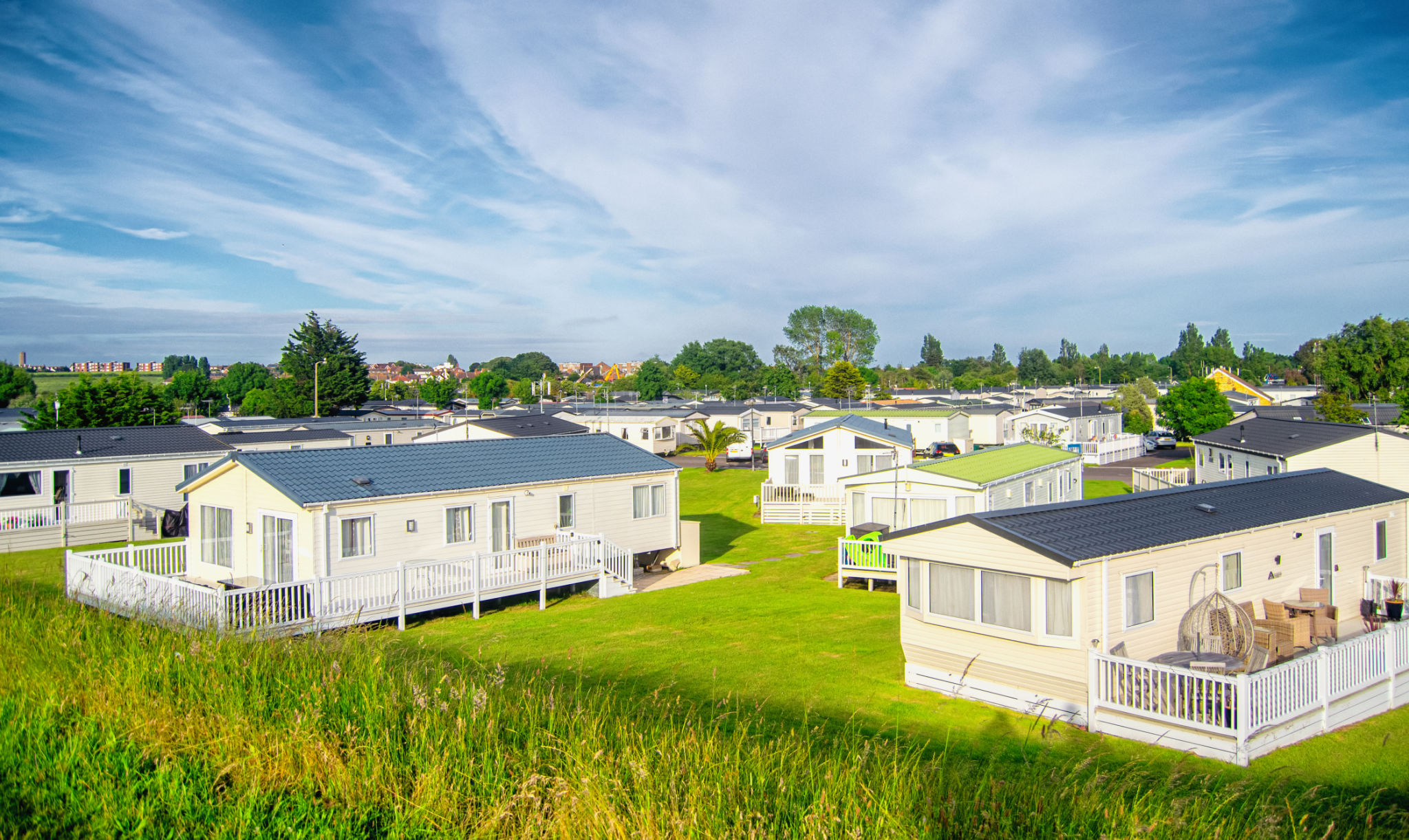How Local Regulations Impact Your Mobile Home Sale in San Diego
Understanding Local Regulations in San Diego
When it comes to selling a mobile home in San Diego, understanding the local regulations is crucial. These laws can significantly impact the sale process, influencing everything from pricing to the length of time it takes to close a deal. For those unfamiliar with the intricacies of these regulations, navigating the sale can be challenging. However, with some knowledge and preparation, sellers can effectively manage the process.

The Role of Zoning Laws
Zoning laws play a pivotal role in the sale of mobile homes. In San Diego, these laws dictate where mobile homes can be placed and whether they are considered permanent or temporary structures. Understanding the specific zoning regulations applicable to your mobile home can help you determine its market value and potential buyer pool. It's essential to check with local authorities or consult a real estate expert who specializes in mobile home sales.
Why Zoning Matters
The classification of a mobile home affects not only the sale but also the financing options available to potential buyers. Mobile homes located in areas zoned for residential use might be more attractive to buyers who plan to live in them full-time. Conversely, homes in recreational or seasonal zones may appeal to a different buyer demographic.
Impact of Permits and Inspections
Permits and inspections are another critical aspect of selling a mobile home in San Diego. Before listing your home for sale, ensure that all necessary permits are in place and that the home complies with local health and safety standards. This often involves an inspection by a licensed professional who will check for issues such as structural integrity and electrical safety.

Common Permit Requirements
Some of the common permits you might need include:
- Building permits: If you've made any modifications or additions to your mobile home, you may need a building permit.
- Electrical permits: These are necessary if you've updated or changed the electrical system.
- Plumbing permits: Required for any changes or upgrades to the plumbing system.
Park Rules and Regulations
If your mobile home is located within a park, it's imperative to understand the park's rules and regulations. Each park has its own set of guidelines that govern everything from landscaping requirements to pet policies. Before proceeding with a sale, review these rules to ensure compliance. Non-compliance can lead to delays or even nullification of a potential sale.

The Importance of Communication
Maintaining open communication with park management is vital. Inform them of your intent to sell and ask about any additional procedures or documentation they require from potential buyers. This proactive approach can smoothen the transition process for both you and the new owner.
Navigating Property Taxes
Property taxes are another important consideration when selling a mobile home in San Diego. The amount owed and the timing of payments can affect the sale process. Ensure that all taxes are current before listing your property. Buyers typically expect sellers to be up-to-date on tax payments, which can impact negotiations during the sale.
Tax Implications for Buyers
Potential buyers need to consider the ongoing property taxes associated with owning a mobile home. Providing clear tax information can make your listing more attractive and help buyers make informed decisions.
In conclusion, local regulations in San Diego play a significant role in the sale of mobile homes. By understanding zoning laws, permit requirements, park rules, and property taxes, sellers can better navigate the complexities of the market. Staying informed and prepared ensures a smoother transaction process and maximizes the potential for a successful sale.